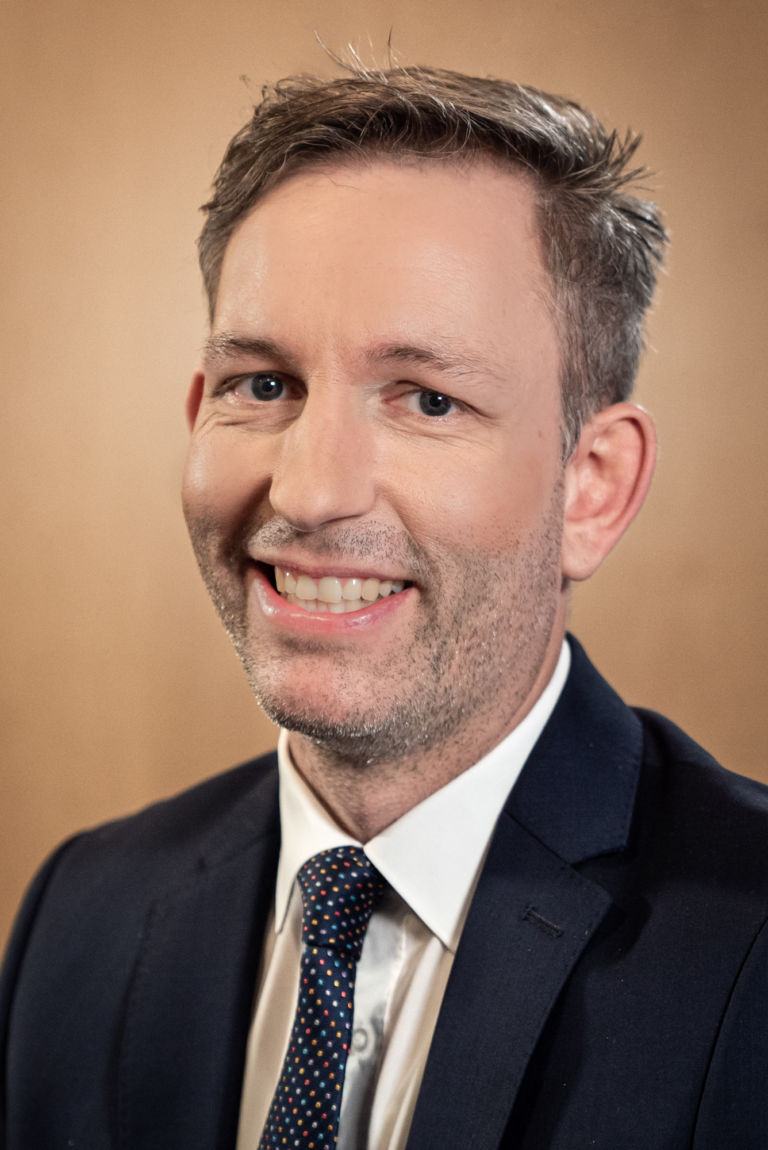With the following button you will be redirected to Google Translate:
to Google TranslateNeeded but Unachievable?
Possibilities and Limits of Cooperative Security in Cyberspace
3rd part of our digital dicussion series "Cyberwarfare - Cyberpeacebuilding: On a Search for a Cooperative Security Architecture Cyberspace"
05.05.2021
Thema
Cyberspace is increasingly marked by a digital arms race. The number of states that run active military cyber programs has grown in recent years. Cyber-attacks and digital disinformation campaigns have become more sophisticated and numerous. Considering these developments, international efforts to regulate the digital domain aiming for de-escalation and stabilization are lacking behind. Since cyber conflicts are inherently transnational and cross-border phenomena, it is difficult to envision long-term mitigation without some degree of international cooperation. But although the UNGGE recommendations of 2015 and several other high-ranking initiatives working on cyber norms have provided in recent years a solid framework for future cooperative efforts, an international arrangement that would at least rudimentarily resemble an arms control agreement is nowhere at sight in the cyber domain. The purpose of this workshop session is to elaborate on the limits and the potentials of a future cooperative security architecture in the digital domain with a particular focus on the lack of political will.
Downloads
Programm
zur DruckversionElena CHERNENKO, Special Correspondent for Cybersecurity, Non-Proliferation and Arms Control, Kommersant Newspaper and Board Member of the Council on Foreign and Defense Relations and the Council of the PIR-Center, Moscow
Regine GRIENBERGER, Ambassador for Cyber Foreign Policy, German Foreign Office, Berlin
Christopher PAINTER, President, Global Forum on Cyber Expertise, Member of the Global Commission on the Stability of Cyberspace, and Associate Fellow at Chatham House and the Australian Strategic Policy Institute (ASPI), Washington D.C.
Christian REUTER, Professor for Computer Science, Technical University of Darmstadt and Head of PEASEC (Science and Technology for Peace and Security), Darmstadt
Referierende
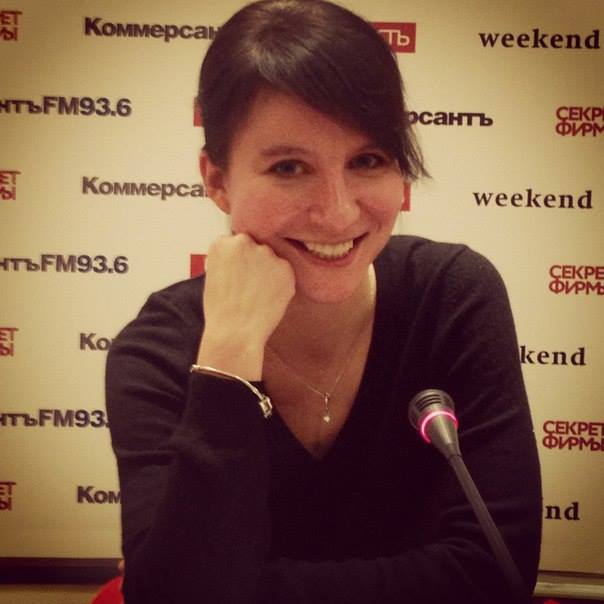
Dr. Elena Chernenko, Special Correspondent at the Kommersant daily newspaper in Moscow, where she focuses on issues of cyber diplomacy, non-proliferation and arms control. PhD in History. Member of Presidium of the Council on Foreign and Defence Policy (SVOP) and the Council of the PIR-Center. Munich Young Leader of the MSC.
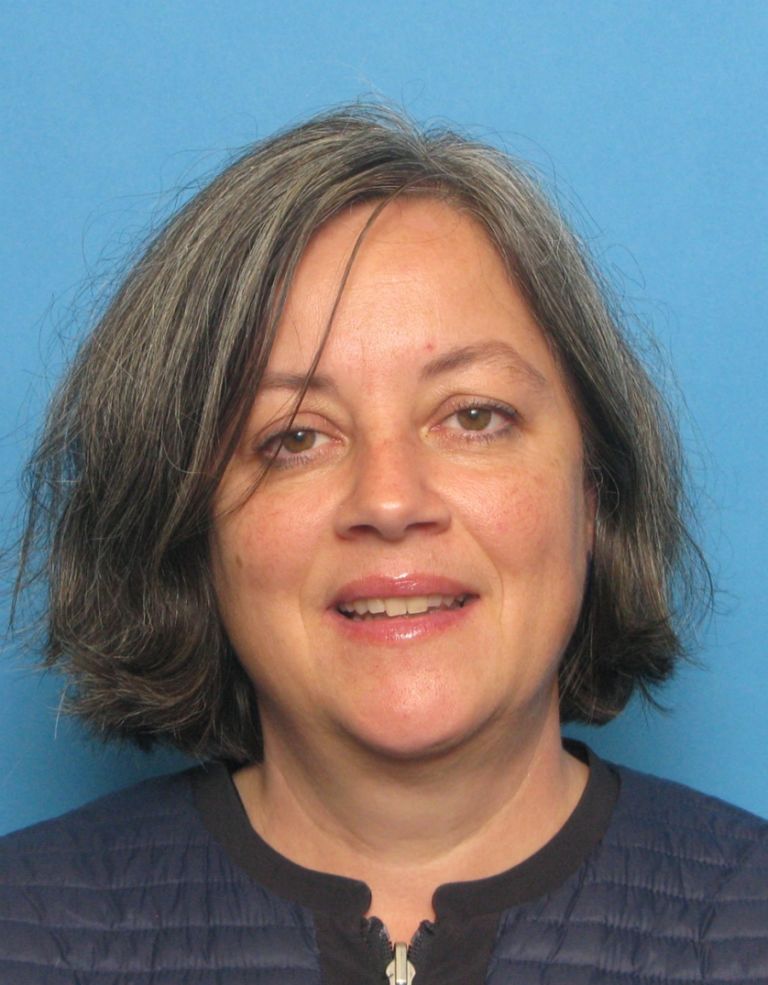
Dr Regine Grienberger is the Director for Cyber Foreign and Security Policy at the Federal Foreign Office. Her previous professional experience was chiefly in the field of EU foreign policy as well as EU financial and economic policy, with a focus on general agricultural policy. Dr Grienberger was Deputy Head of the Minister’s Office (Gabriel, Maas), Deputy Head of Division E04 (European economic and financial policy) and desk officer for general agricultural policy, with responsibility for crisis management in pandemics, among other areas. Her tasks also included EU public relations and the EU’s external relations with countries of the Western Balkans. She was Head of the Political Section at the German Embassy in Rome and culture, press and protocol attaché at the German Embassy in Ljubljana. Dr Grienberger studied agriculture in Bonn, Munich, Vienna and Michigan State University. She obtained her doctorate in Bonn.
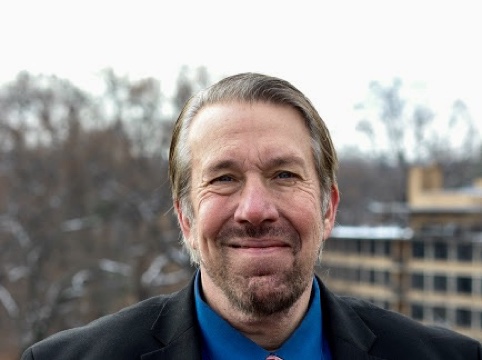
Chris Painter is a globally recognized leader and expert on cybersecurity and cyber policy, Cyber Diplomacy and combatting cybercrime. He has been on the vanguard of U.S. and international cyber issues for over twenty five years — first as a prosecutor of some of the most high-profile cybercrime cases in the country and then as a senior official at the Department of Justice, FBI, the National Security Council and finally the State Department. He currently serves as the President of The Global Forum on Cyber Expertise Foundation – a global cybersecurity capacity building organization. In his most recent government role as the nation’s top cyber diplomat, Mr. Painter coordinated and led the United States’ diplomatic efforts to advance an open, interoperable, secure and reliable Internet and information infrastructure. The pioneering office that Mr. Painter established — the Office of the Coordinator for Cyber Issues — was the first high-level position and office dedicated to advancing the diplomatic aspects of cyber issues ranging from national security to human rights matters. These issues include promoting norms of responsible state behavior and cyber stability, preventing cyber conflict, enhancing deterrence, advancing cybersecurity, fighting cybercrime, promoting multi-stakeholder Internet governance and advancing Internet freedom. Prior to joining the State Department, Mr. Painter served in the White House as Senior Director for Cyber Policy and Acting Cyber Coordinator in the National Security Council. He was a senior member of the team that conducted the President’s Cyberspace Policy Review in 2009 and he subsequently helped create and then structure a new directorate in the National Security Council devoted to these issues. Mr. Painter was named the Bartels World Affairs Fellow by Cornell University for 2017-2018, received The Order of the Rising Sun from the Government of Japan for promoting U.S-Japan cyber cooperation in 2018 and received the Order of Terra Mariana from the President of Estonia in 2020 for promoting cyber cooperation. He is also the recipient of the prestigious RSA Award for Excellence in the Field of Public Policy (2016), the Attorney General’s Award for Exceptional Service, and the Intelligence Community Legal Award (2008). He is a graduate of Stanford Law School and Cornell University and clerked for US Circuit Judge Betty Fletcher.
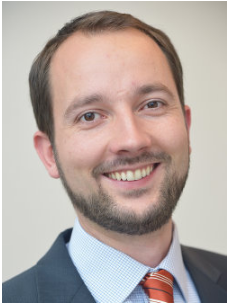
Prof. Dr. Christian Reuter is Full Professor at Technical University of Darmstadt. His chair Science and Technology for Peace and Security (PEASEC) in the Department of Computer Science with secondary appointment in the Department of History and Social Sciences combines computer science with peace and security research. On the intersection of the disciplines (A) Human-Computer Interaction, (B) Cyber Security and Privacy as well as (C) Peace and Conflict Studies he and his team specifically address (1) Crisis Informatics and Information Warfare, (2) Usable Safety, Security and Privacy as well as (3) Technical Peace Research. His often interdisciplinary research is regularly awarded and resulted in about 250 scientific (mostly peer-reviewed) publications. He was honored with the Athene Award for Teaching Excellence.

